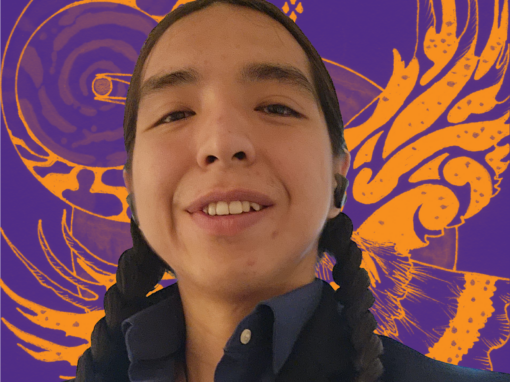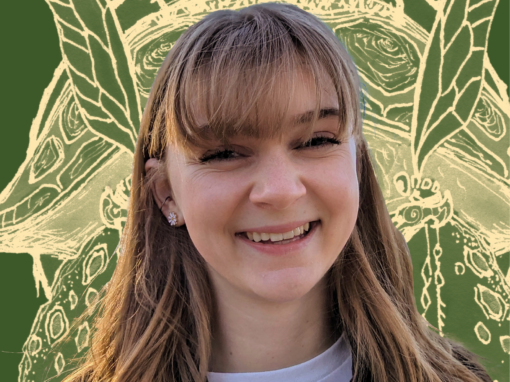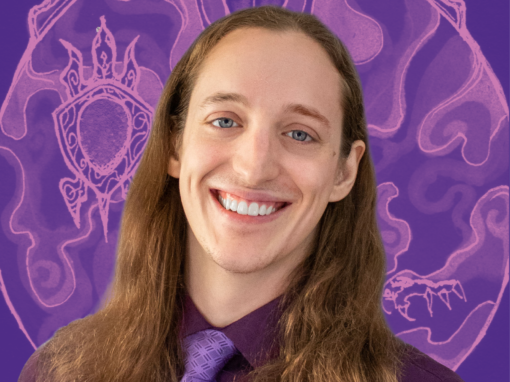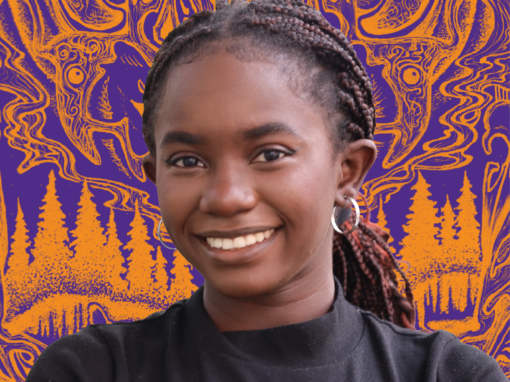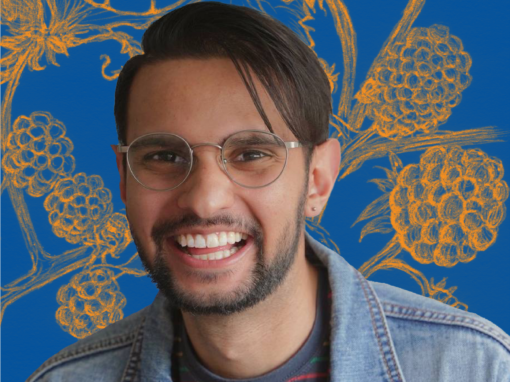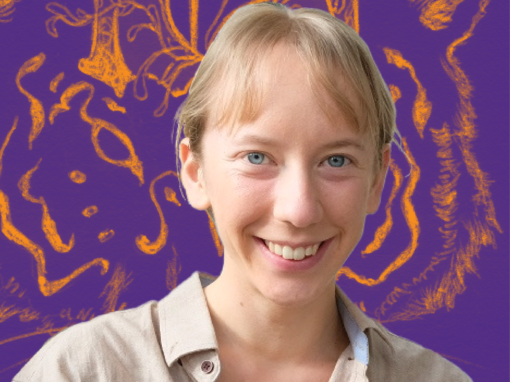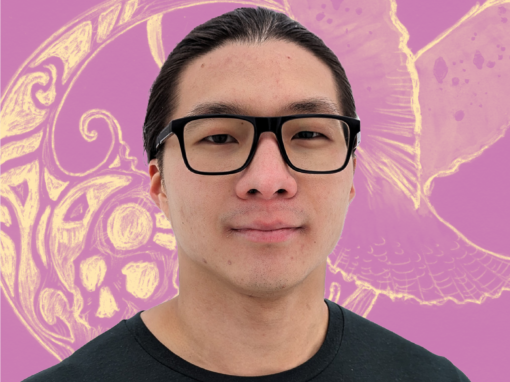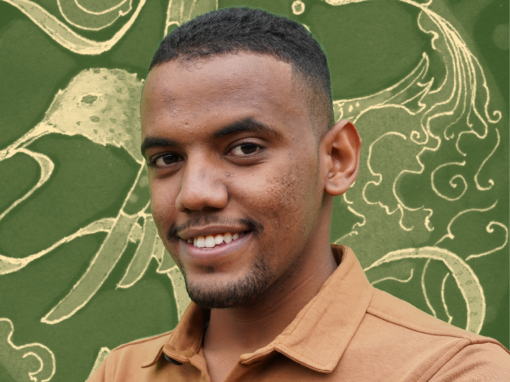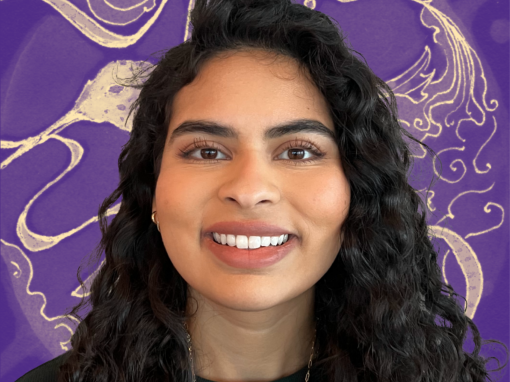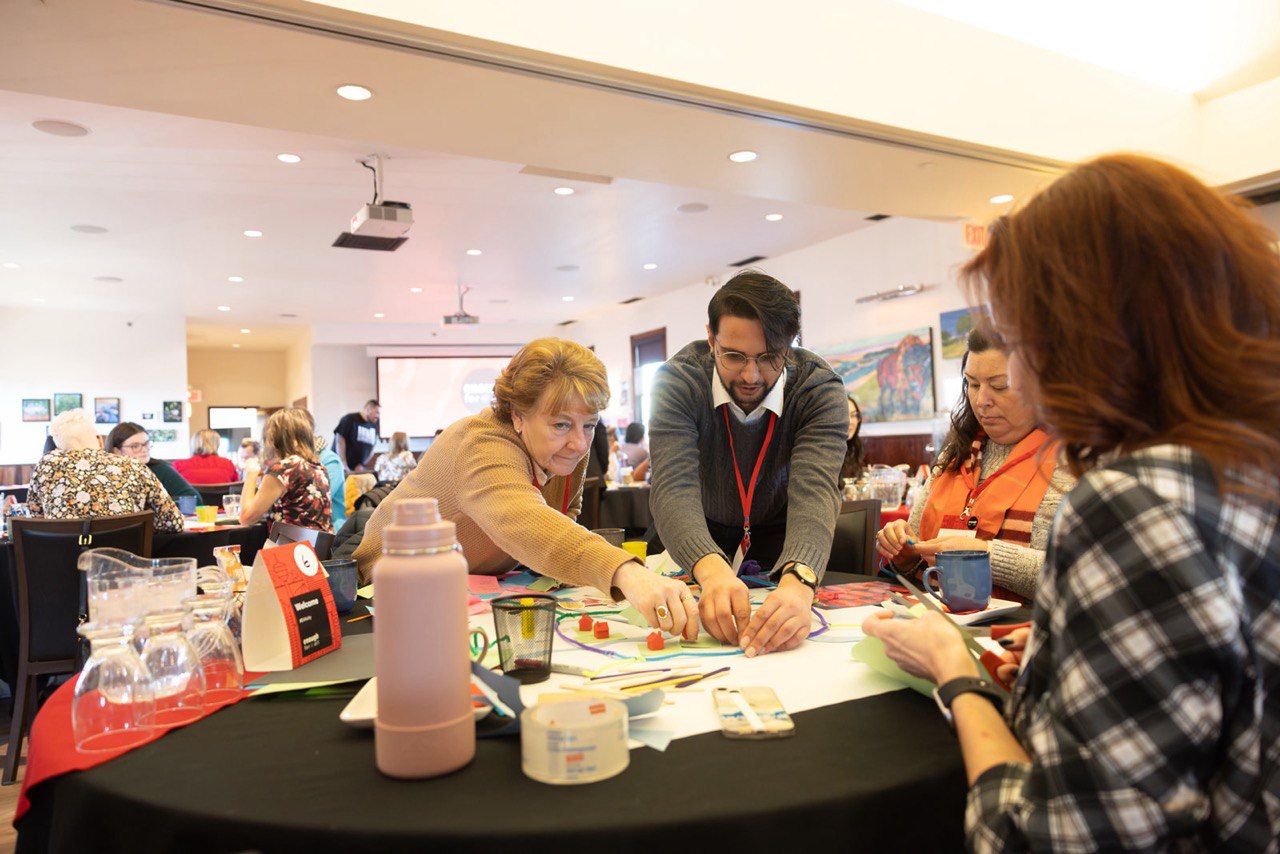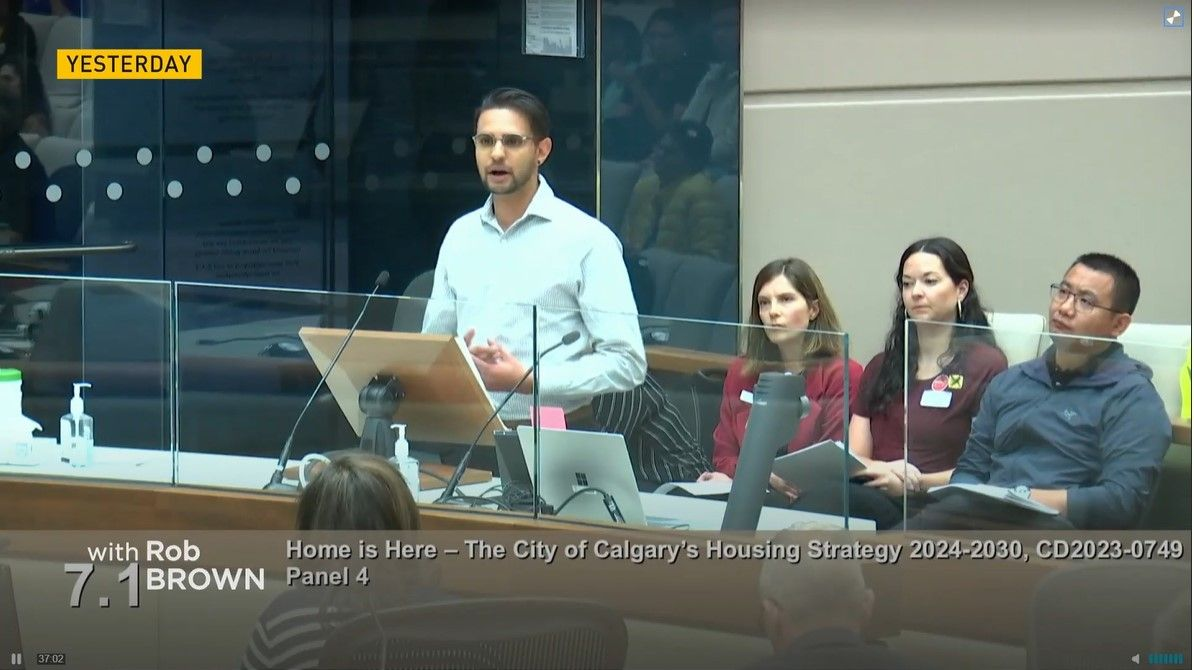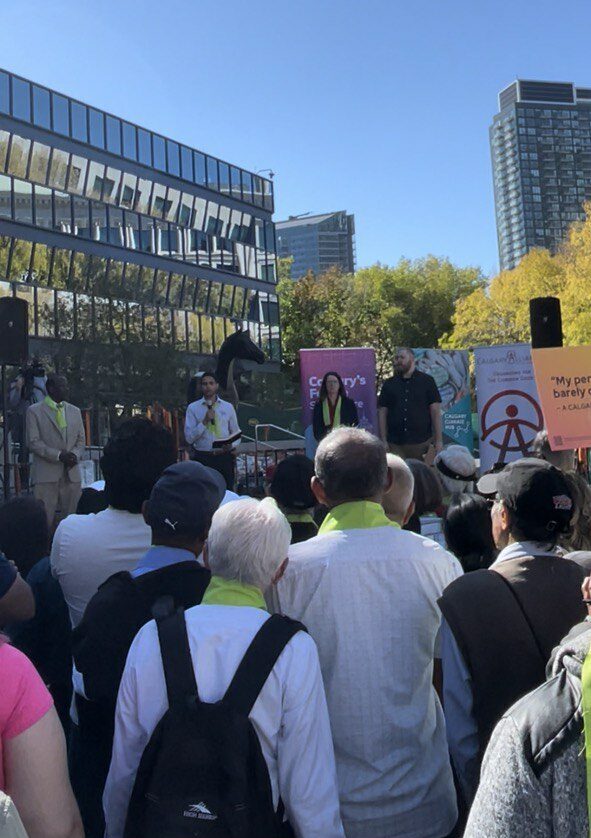“The status quo is not static. Whether we are talking about our housing supply or the climate crisis, without bold action, our current situations will continue to deteriorate.”
Inam Teja
2024 Top 30 Under 30
ABOUT
AGE: 27
PRONOUNS: He/They
HOMETOWN: Calgary, AB
CURRENT RESIDENCE: Calgary, AB
ORGANIZATIONS:
- The Calgary Drop-In Centre
- More Neighbours Calgary
- Ilmhona Skills Accelerator
- Coach Hill Patterson Heights Community Association
SUSTAINABLE DEVELOPMENT GOALS I’M WORKING TOWARDS:
What specific issue(s) are you taking on, and what inspires you to do so?
I am passionate about organizing, advocating, and coalition-building to solve the housing and homelessness crises in Calgary.
I started my journey doing development work in Tajikistan at a local grassroots organisation called Ilmhona doing tech education. As a foreigner working in Tajikistan, I had to learn to be a supporter rather than a leader. Having grown up in Canada, I felt it wasn’t my place to be the final decision-maker, so I worked in support roles, managing the finance and fundraising work as we grew our organization’s budget threefold. I’ve always believed that for development to be sustainable, it needs to be led by local people who understand the context and are living with the issues and solutions.
With that in mind, I decided to move back to my hometown, Calgary, to maximize my impact in the place I know best (while still maintaining a position on Ilmhona’s board of directors). After a quick detour in the UK to complete my master’s in public policy, I started working to solve Calgary’s housing crisis, joining the Calgary Drop-In Centre, the largest homeless shelter in Alberta, as a Research and Policy Intern.
When Calgary City Council was debating a new Housing Strategy in autumn, I spoke both at a rally on the front steps of City Hall and inside council chambers urging our city to address our housing affordability crisis. The City Council ultimately passed this strategy, which will massively increase investment in affordable housing, increase the supply of the private rental market, and work with Indigenous communities to address housing reconciliation.
Since then, I’ve taken on a full-time role as a Policy & Advocacy Specialist for the Calgary Drop-In & Rehab Centre Society, where I manage relations with government partners, build coalitions with other social services organizations, and manage research partnerships for the organization. I also get to further my passion for housing as an inaugural Board Member of More Neighbours Calgary, where I help guide the strategic direction of one of Calgary’s most vocal advocacy groups in the pro-housing movement.
My desire for hyper-local impact has also led me to become the Vice-President of the Coach Hill Patterson Heights Community Association, where I plan community events, advocate on behalf of citizens, and am leading a reform of our community association’s by-laws to align better with principles of sustainable community growth.
Housing is so fundamental to the way individuals, families, and communities exist in our world. Housing is a basic need that so many other dimensions of wellness rely upon – from mental health to a sense of community and belonging, we all need housing. Particularly considering the harsh climate in Alberta, housing and homelessness are some of the most significant issues facing our province today.
What does climate change or climate justice mean to you? To your work?
When I chose to work in housing, many of my friends and family asked why I didn’t want to work on climate policy instead, considering my passion for the area. What I am constantly trying to explain to people is that good housing policy IS climate policy. There is no dichotomy on these issues – they go hand-in-hand. Housing is a great case study for deconstructing the false dichotomy of addressing economic/affordability issues versus climate justice.
Our current approach of building sprawling communities at the edge of our cities has disastrous impacts on climate change. The transportation emissions of commuter communities are a massive contributor to our fossil fuel emissions, and these sprawling communities are often built on previously wild and green areas, increasing the urban footprint on our environment. This suburban approach has also failed to provide affordability to Calgarians.
A large part of my advocacy work on housing focuses on building dense sustainable housing buildings in walkable, transit-friendly neighbourhoods. Higher housing density addresses climate and environmental issues by enabling people to reside in closer proximity to workplaces, public services, shopping areas, and other amenities reducing reliance on car ownership. This not only diminishes the environmental impact but also increases the amount of new housing that can be built on a lot by reducing the amount of space in a building that is dedicated to parking stalls. In dense, energy-efficient, multi-unit buildings, individuals inherently have smaller carbon footprints and lower utility bills.
Climate justice is a universal need, but it is not in competition with policies that address housing affordability. Calgary’s downtown office-to-residential conversion projects are a great example of building affordable housing using the principles of re-use and recycling, without increasing our urban footprint, while reducing household reliance on cars. It is absolutely possible for us to build a sustainable future without compromising housing affordability.
What advice do you have for other young people looking to get involved in sustainable development?
The best advice I can give is to approach your work with an open mind. Be willing to learn. Acknowledge that there are going to be moments that will be difficult but reframe them as growth opportunities. There are moments that will call for you to step up and lead, but there are also moments that will require you to play a supporting role. There are so many impactful ways to get involved in sustainable development. I would encourage young people not to wait for the ‘perfect’ opportunity, but keep an open mind to how you can get involved with a good opportunity to make it better.
More Top 30s from 2024
